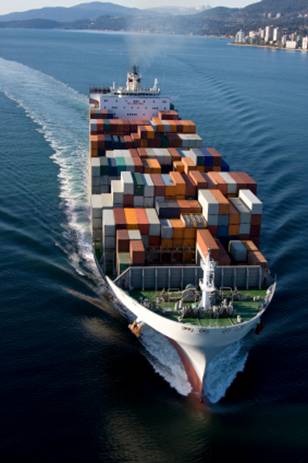(a) Import substitution
 The protection of jobs and the promotion of growth in developing countries could be achieved by concentrating on producing import substitutes.
The protection of jobs and the promotion of growth in developing countries could be achieved by concentrating on producing import substitutes.
Countries need foreign exchange to buy imports and if they can
develop and produce substitutes for imports, this will increase foreign
exchange reserves.
To encourage import substitution, many countries adopt protectionist policies to reduce competition from imports. (See section 3.1 on the arguments for protectionism).
Critics of this suggest that there may be some short-term gains in job protection but, in the longer term, output (and therefore employment) will be lower than under a free system of exchange and trade.
Comparative advantage allows gains from trade via specialisation. However, with protectionism domestic producers may have little incentive from competition with foreign competitors to invest in R and D or to reduce prices. Countries, which have adopted import substitution policies have tended to record lower growth rates than those who have selected the export-led strategy. (See section 3.1 on the arguments against protectionism).
Many developed economies have strict protection policies in place to
stop cheaper imports coming in from less developed economies. In
general, less developed economies have a comparative advantage in many
agricultural markets.
Increasingly, (through diversification policies) they are also
gaining similar advantages in a number of low and middle group
manufacturing.
The developed world has agricultural policies, such as the Common Agricultural Policy (CAP), which protects EU-based farmers and subsidises EU food exports to developing countries. The US has similar protection for its farming community and demands that the World Trade Organisation (WTO) adopt policies that safeguard the US agricultural sector (see Cotton Subisidies in USA).
Textiles from developing countries face a similar battle to access markets in major developed economies to overcome a range of protectionist measures, including health and safety regulations. However, as some Far East economies have proven, the right product at the right price can break into the lucrative markets of North America and Europe, e.g. electronics (eg Samsung).